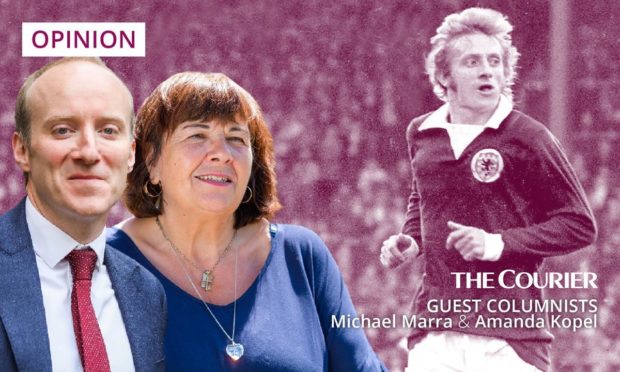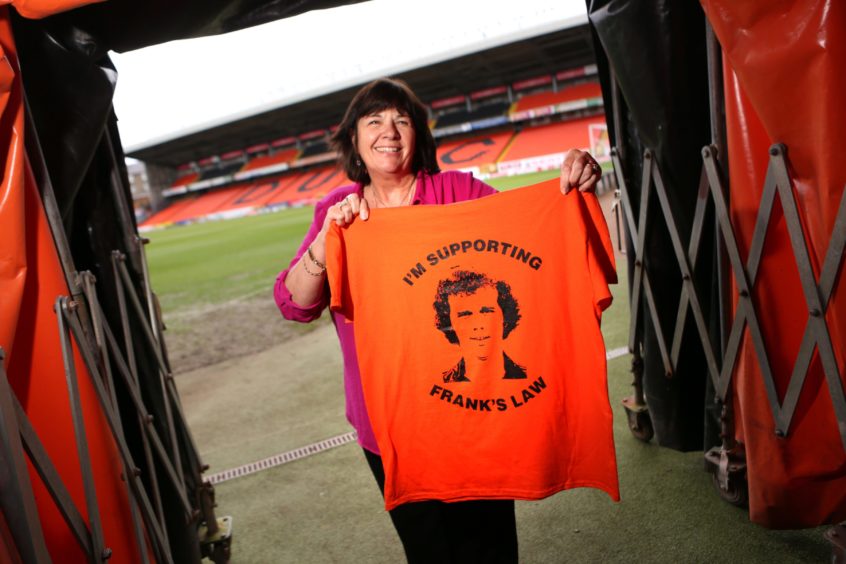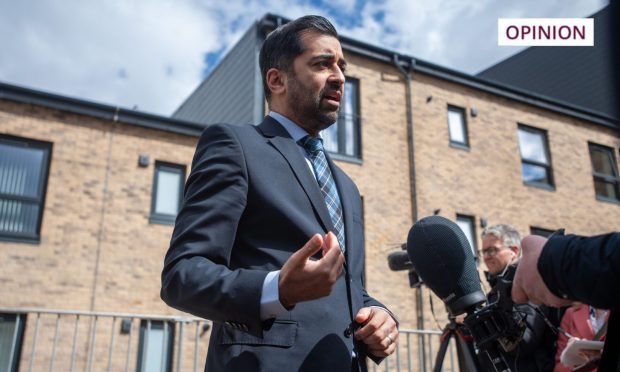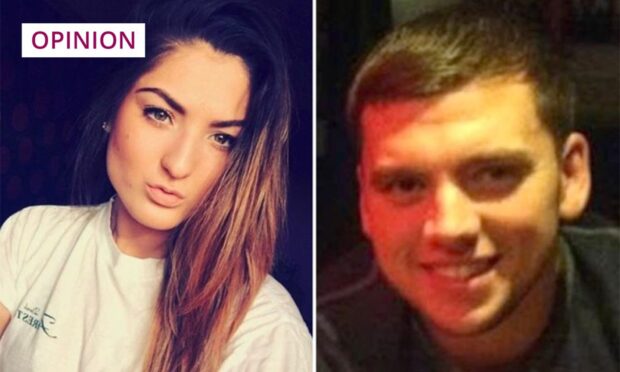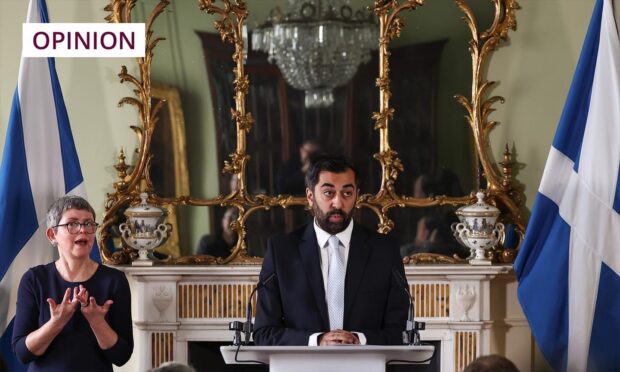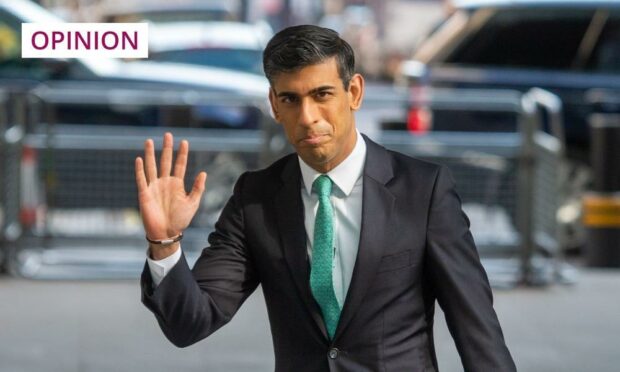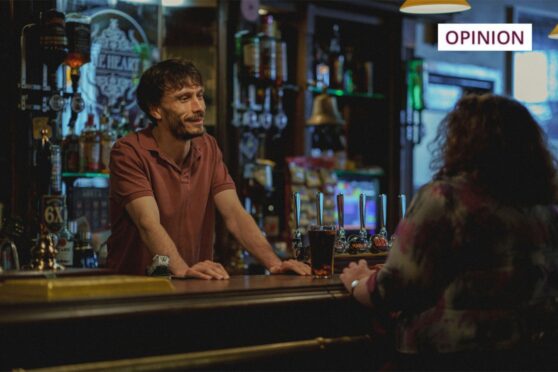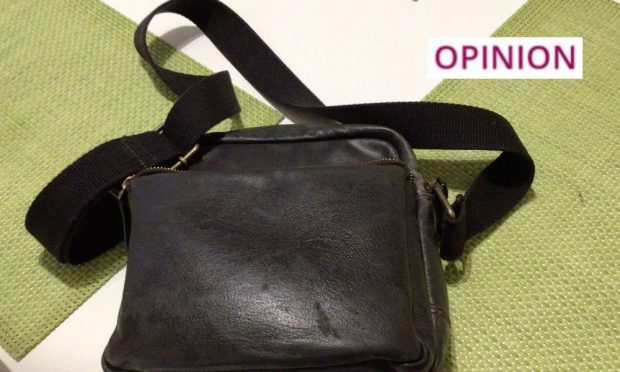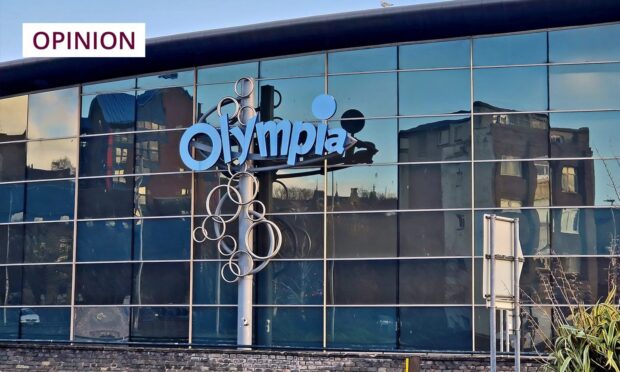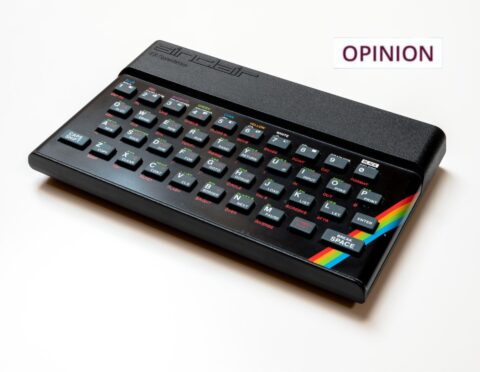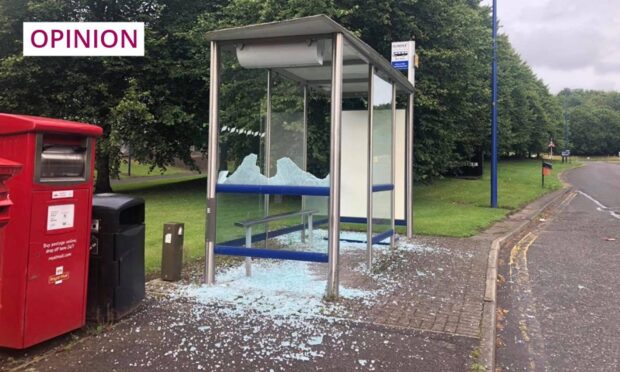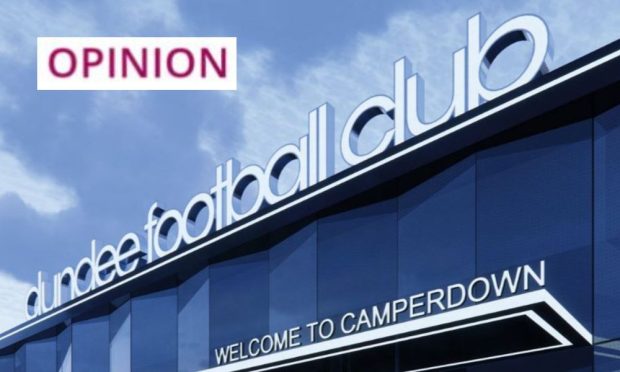On Sunday, Tannadice hosted the biggest match in Scottish football – the Dundee Derby.
This was the first derby in the top-flight that a new generation of Dark Blues and Arabs enjoyed (although perhaps this one was enjoyed more by the young United fans).
But supporters continue to relish the fixture, which over the years has created countless memories and tales:
When Ralphie chipped Kelly to win the league at Dens…
… When Wighton sent United down at the same end of the ground…
… When Dossing’s hat trick in the massacre of ’65 defeated a Dark Blue team debuting one James Yuill McLean…
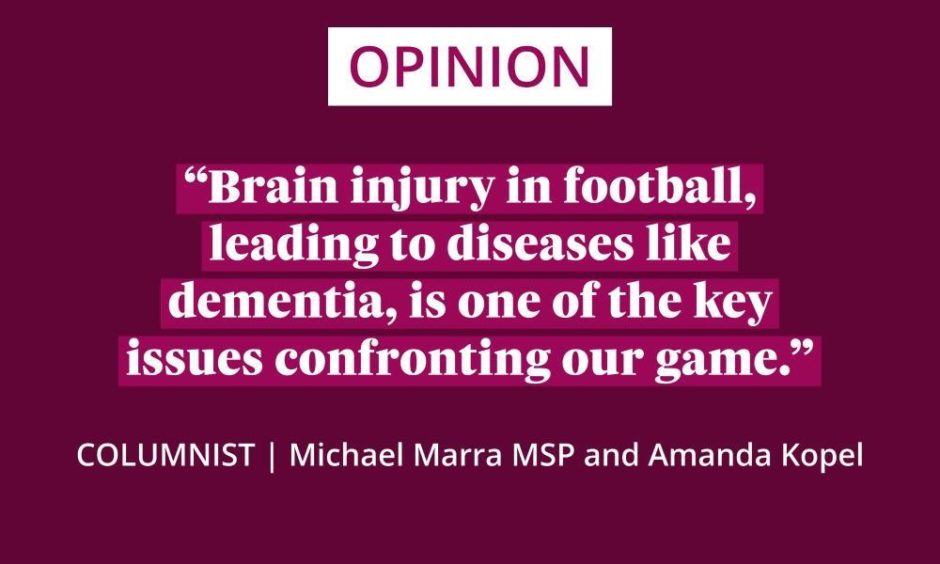
The list of heroes who have played in this tie is endless.
And many of them – who enjoyed our support then when playing for the badge and entertaining us – need our support again now.
And this time it’s for a cause even bigger than Derby Day.
Brain injury in football, leading to diseases like dementia, is one of the key issues confronting our game.
Though it has always been an issue, research, understanding and the experience of footballers – such as Amanda’s late husband Frank Kopel, Gordon Wallace, Dennis Law and countless others – tells us that urgent action is required.
The time for talk is over.
Dementia link to brain injury in football
Research from Dr. William Stewart at the University of Glasgow has shown professional footballers are up to five times as likely as the general population to suffer from dementia.
Studies suggest this is linked to heading the ball, among other physical challenges associated with the game.
Well, this is what I call exciting news#FIELD shortlisted for #THEAwards @timeshighered
as "Research Project of the Year: STEM" #football #soccer #dementia #cte pic.twitter.com/pbYaMxCRCo— Dr Willie Stewart (@WillStewNeuro) September 9, 2021
These players will tell you it was a privilege to have played in front of us doing a job they loved.
But these men were injured at work and we must recognise that.
They deserve support from the social security system that acknowledges this fact.
It is important to remember that the generation of heroes who are suffering now played at a time before the eye-watering wages that exist for some today.
We also have a current generation of footballers, and more to come, who need support and action to protect them.
Far more proactive research is needed to better understand the impact of the sport on dementia. Then preventative measures can be developed.
While some actions – such as banning of heading balls in training for kids – have taken root in Scotland, progress to prevent brain injury in football has been slow.
And now the issue has become urgent.
That is why we have launched the #InjuryTime campaign.
Hat trick of demands for action
It is backed by the Scottish Professional Footballers Association, the GMB Trade Union and Scottish Labour.
And it has three simple demands for the Scottish Government and Scottish Footballing Authorities:
Classify brain injury in football as an industrial injury
Fund research into the practical and preventative support that is needed in the game
Establish a working group to consider the issues around brain injury and dementia, including in the grassroots game
Brilliant response from fans at both end of the Dundee Derby for our #injurytime campaign. Time for Government to recognise brain trauma causing dementia as the industrial injury it is. pic.twitter.com/5X0cUMDq7W
— Michael Marra MSP (@michaeljmarra) September 19, 2021
For our greats, it is already injury time, and time is running out.
You can tell the Scottish Government and SFA to use their head, and sign the #InjuryTime petition here.
